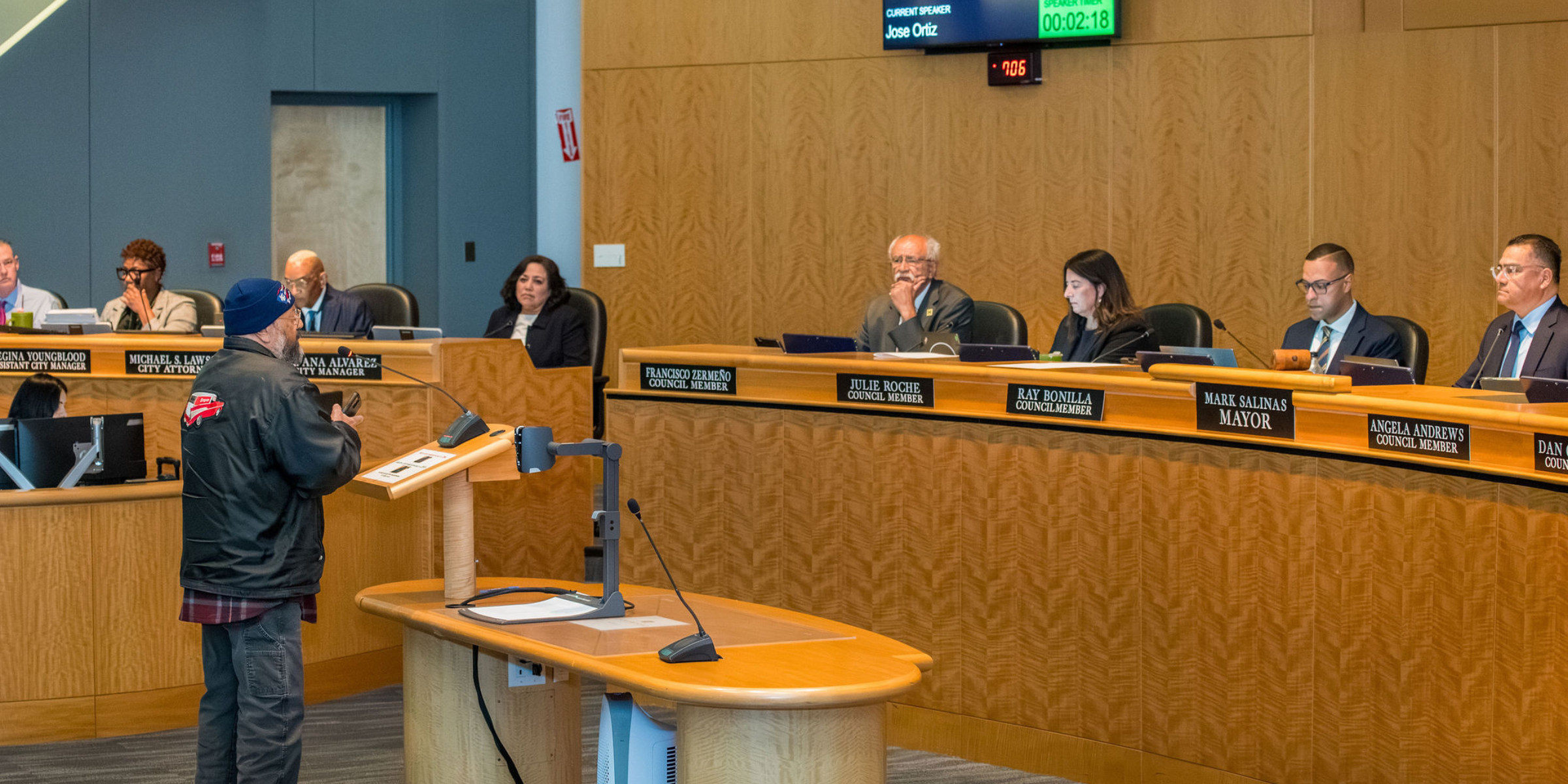Below Market Rate (BMR) property purchase
Below Market Rate (BMR) property offer a unique opportunity for individuals and families to own homes at prices below the market rate, providing a pathway to secure housing in otherwise expensive real estate markets. This page is dedicated to providing you with essential information, guidance, and steps involved in acquiring a BMR home. Explore our comprehensive resources and gain insights into the eligibility criteria, application process, and the benefits of owning a BMR property. Empower yourself with the knowledge to make informed decisions and take a significant step towards achieving your dream of homeownership.
Definitions:
- “Adult” shall mean any persons who are 18 years of age or older.
- “Applicant” shall mean a potential homebuyer who submits an application to the City of Hayward (the “City”) and any Adult who will be added to Title of the Property if the application is approved.
- “City” shall mean the City of Hayward.
- “Gross Household Income” shall mean the anticipated income of all Adult household members for the twelve (12) month period following the date of determination of income who will be living in the Property.
- “Home” or "Property" shall mean the qualified residence to be purchased through the program.
- "Homeowner" shall mean one or more perons that purchases a qualified residence through the City's Affordable Homeownership Program.
- “Household” shall mean one or more persons occupying the same housing unit.
- “Non-Applicant Adult” shall mean a household member who is 18 years of age or older who will live in the Property but will not be added to Title.
- “Seasoned Funds” shall mean the Applicant’s own monies that have been verified as held in an account with a financial institution in the Applicant’s name for a minimum of three (3) months.
Eligibility Requirements:
Lottery Preference
Below market rate units will be sold by lottery if there is more than one (1) interested buyer and the following preferences applied:
- Displaced by City of Hayward code or redevelopment activity
- Live and/or work in City of Hayward
- Everyone else
Title Company Acceptable to City
A third-party title company acceptable to the City must be used for the sale and may be one of the following: First American Title, Old Republic Title, WFG National Title.
Homebuyer Education Requirement
Applicants must complete an 8-hour, HUD approved homebuyer education course. The homebuyer education curriculum shall include: preparing for homeownership, available financing and credit analysis, loan closing and homebuyer responsibilities, and home maintenance and loan servicing. Successful completion of the training must be evidenced by a Certificate of Completion and obtained within the prior 24 months before application.
First-Time Homebuyer Requirement
This is project/development specific.
Maximum Income Limits
This is unit specific. Most units in the City's Affordable Homeownership Program portfolio are restricted to moderate-income households but some are restricted to lower income households.
Determining Household Income
Determination of Gross Household Income shall be calculated using the guidelines provided in Calculation of Applicant Income.
Final credit and income eligibility verification shall be based on a review of third-party documentation submitted by the Applicant's first lender. Final loan approval will be subject to the City's verification of eligibility.
Financing Requirements:
Eligible First Mortgages
The first mortgage loan must be a 30-year fixed rate institutional lender, bank portfolio, CalHFA, FHA, VA, or other public agency mortgage with an interest rate that is at or below market rates.
The following loan types are not allowed: reverse mortgage, stated income, adjustable-rate mortgage (ARM), interest-only, balloon payments, or any provisions which the City determines will cause the Homeowner's monthly housing costs to exceed the Affordable Housing Cost (see unit specific Resale Agreement for Affordable Housing Cost calculation).
Subordinate Mortgages
Subordinate mortgage (i.e. down payment assistance programs) must be approved in advance by the City. Loan officers should submit program guidelines and draft loan documents for the subordinate mortgage when an application is submitted to the City for review.
Down Payment
The Applicant must provide Seasoned Funds in an amount equal to a minimum of 3% of the purchase price.
The Applicant may be gifted funds towards the purchase, evidence by a "gift letter" and bank statements verifying the gift amount which must be submitted with the Applicant's application. Gifted funds may be used for any down payment amount greater than 3% of the purchase price.
Closing Costs and Fees
The Applicant is responsible for all closing costs and fees. Customary, non-recurring closing costs and fees may be paid with gift funds or seller's credit.
Post Purchase Reserves
Applicant must have minimum reserves in the amount equal to three (3) months' worth of the monthly housing cost after purchase (PITI, HOA, and solar (if leased)).
Underwriting Guidelines
Front-End Ratio. The Front-End Ratio must be at least twenty-five percent (25%) and no more than forty percent (40%).
Back-End Ratio. The Bank-End Ratio must be no more than forty-five percent (45%).
Co-Signors and Non-Occupant Borrowers
Co-signors and non-occupant borrowers are not allowed.
All Cash Purchase
All cash purchase is not allowed.
Stated Income Loans or No Income Mortgages
Stated income loans or no income mortgages are not allowed.
Determining Credit Worthiness of Applicant:
Applicants must meet minimum credit requirements of the first mortgage lender and be able to get financing for the purchase.
A tri-merged credit report must be provided for each Applicant. Some credit reports may not document sufficient credit history to determine an Applicant's willingness to pay. To determine the Applicant's willingness to pay, the credit report must contain at least three (3) accounts that have been open twelve (12) months or more. If the credit report does not meet these standards, the Applicant must document non-traditional credit.
Non-traditional credit establishes that the Applicant is credit worthy by examining a timely payment history with their monthly expense and recurring bills. Documentation provided must be in the Applicant's name and cover at least 12 months in order to count. some acceptable sources of non-traditional credit are:
- Landlord verification of timely rent payment;
- Utility bills (PG&E, mobile phone, water, garbage collection, internet services, etc.);
- Insurance payments;
- Medical bills;
- School tuition;
- Childcare.
Applicants who only have one (1) eligible item on their credit report would need to provide documentation for two (2) non-traditional credit sources. Applicants who only have two (2) eligible items on their credit report would need to provide documentation for one (1) non-traditional credit source. Applicants who are unable to provide a credit report will need to provide docuementation for three (3) non-traditional credit sources.
Household Size and Occupancy Limits:
Minimum Occupancy Limits to Apply for a Unit
The City does not have an occupancy standard for minimum household size allowed to apply for a unit as long as it does not conflict with any state or federal laws and the buyer is income eligible and can afford the unit.
Maximum Occupancy Limits
The City does not have occupancy restriction guidelines except for building code. Please see the code below:
Determining Household Size
All household members and their income are considered when determining household size except the following:
- Foster children;
- Live-in aides and their children;
- Children being pursued for legal custody or adoption who are not currently living in the household.
A child who is subject to a shared-custody agreement may be counted if the child resides with the household at least 50% of the time. College students may also be counted if sufficient documentation is provided showing the student will reside in the home full time (a minimum 10 months out of the year). An unborn child may also be counted as a household member.
Documentation Required to Verify Household Size
Documentation is needed to verify all members of the household. In most cases all adult and minor dependents will appear on a Federal Income Tax Return. Recent changes in family composition must be verified by other means. The following are examples of documentation that can be used when all household members are not reflected on the Federal Income Tax Return:
- Marriage certificate;
- Adoption/birth certificate or notarized letters from hospital/medical facility administrators;
- Court orders or other legal documents assigning guardian status.
- Informal custody arrangements: On a case-by-case basis, the City may accept school records or some other suitable form of proof to adjust household size in cases where applicants have an informal custody arrangement for members under their care; or
- Other proofs of household membership: On a case-by-case basis, City may accept bills or other official correspondence addressed to a household member at the applicant's address as proof that that person lives in the household.
Minimum Required Documents to Determine Eligibility:
The information below will need to be provided to the City for review and approval.
- Gross Household Income analysis to determine program eligibility provided by real estate agent, broker, lender, etc. The City does not have a template but recommends that the analysis be provided in Excel format. Regardless, whatever format is used, the City must be able to easily follow and understand the calculation and how the income eligibility determination was reached.
Applicants
- Application & Disclosure Form
- Authorization to Release Information Form
- Copy of Certificate of Completion of HUD-Approved 8-Hour Home Buyer Education Workshop
- Copy of ID
- Income
- Pay stubs for the most recent pay periods (most recent 3 months). If Applicant is unemployed, provide a signed and notarized Certification of Zero Income form.
- Income tax returns for the most recent tax years (last 3 years). If any years are missing, provide a signed and notarized Income Tax Affidavit form.
- Income verification form from the Applicant’s current employer
- An income verification form from the Social Security Administration and/or the California Department of Social Services if the applicant receives assistance from either such agencies
- Assets
- Bank Statements (most recent 3 months)
- Brokerage or Investment Account Statements (most recent 3 months)
- Retirement Account Statements (most recent 3 months)
- Copy of Credit Report
- A credit report must be submitted for each Applicant and must be a tri-merged credit report that shows credit scores for all three bureaus along with payment history for all accounts.
- See "Determining Credit Worthiness of Applicant" Section above
- Gifts
- Gift letter
- Supporting bank statement showing that the Gifter is able to provide the gift amount pledged
- Lender Documents
- Pre-qualification letter
- 1003
- 1008
- Estimated Closing Disclosure
- Conditional Loan Approval
Non-Applicant Adults
- Authorization to Release Information Form
- Income
- Pay stubs for the most recent pay periods (most recent 3 months). If Non-Applicant Adult is unemployed, provide a signed and notarized Certification of Zero Income form.
- Income tax returns for the most recent tax years (last 3 years). If any years are missing, provide a signed and notarized Income Tax Affidavit form.
- Verification of employment from the Non-Adult Applicant’s current employer
- An income verification form from the Social Security Administration and/or the California Department of Social Services if the applicant receives assistance from either such agencies
- Assets
- Bank Statements (most recent 3 months)
- Brokerage or Investment Account Statements (most recent 3 months)
- Retirement Account Statements (most recent 3 months)
Assets that must be disclosed include but are not limited to: real estate including any interest in mobile homes; brokerage/investment accounts; bank accounts; retirement accounts; cryptocurrency accounts; bond accounts; PayPal, Venmo or equivalent; crowdsource or alternate investments like Fundrise, Arrived or equivalent.
Where applicable, all documents must be dated within 30 days of the date a complete packet is submitted to the City for review. The above list are minimum requirements and the City reserves the right to request additional information, if needed, to clarify any questions or discrepancies in an Applicant’s submission.
City Approval and Re-Certification of Household Income:
If the City has provided approval of the Applicant’s application, then the approval is good for six (6) months from the date of approval. In the event the Applicant has not closed escrow within six (6) months of City approval, the Buyer will need to submit documentation to re-certify Gross Household Income.
If the City has not provided its approval, the City may request that Applicant provide updated documents that are dated within 30 days of the date of the City's request in order to accurately certify Gross Household Income.
Other Requirements:
City Title Policy
Upon close of escrow, Title Company must deliver to the City a CLTA Policy on the Home insuring the City Deed of Trust in the amount of the Purchase Price of the Home, subject only to the City Resale Agreement, First Mortgage Loan Deed of Trust issued by the Title Company (the “City Title Policy”). Buyer is responsible for cost.
Ongoing Homeowner Requirements:
Hazard Insurance
Homeowner must maintain a standard all risk property insurance policy equal to the replacement value of the Home (adjusted every five (5) years by appraisal, if requested by the City), naming the City as an additional insured and loss payee. If the Home is located in a flood plain, the Buyer shall also obtain flood insurance. The insurance carrier providing the insurance must be licensed to do business in the State of California. Additional insurance requirements are set forth in Section 5 of the Deed of Trust. The City must receive evidence of insurance meeting the City's requirements prior to the City depositing documents in escrow for an approved, eligible buyer.
Owner Occupancy
The Home must be owner-occupied, and homeowner must reside in the Home a minimum of 10 months out of the year. Homeowner must also certify residency annually by submitting the Owner Occupancy Certification Form and providing at least two (2) forms of supporting documentation listed below by February 1 of each calendar year:
- Most recent utility bill such as water, electric or sewer (dated within 30 days)
- Most recent internet bill (dated within 30 days)
- Copy of driver's license or state-issued identification card
- Most recent property tax receipt or bill showing homeowners' exemption








